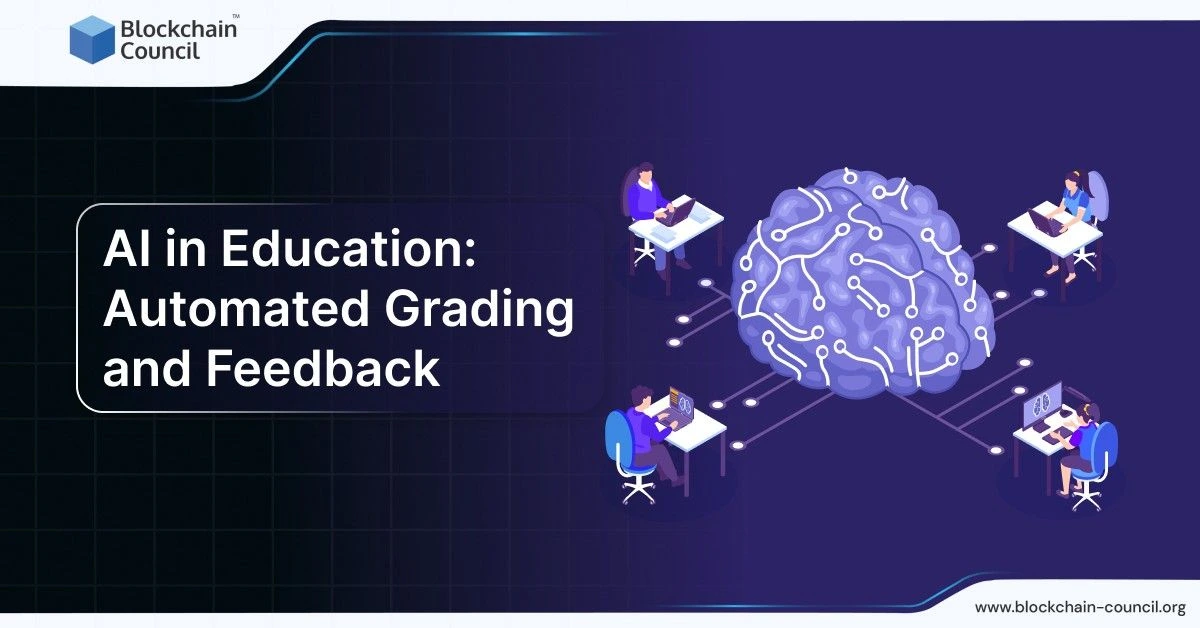
- Blockchain Council
- September 12, 2024
Artificial Intelligence (AI) is growing fast and significantly affects many fields, from healthcare to finance and even entertainment. The demand for AI experts is rising as businesses look to use AI tools to improve their operations and products. Here’s what you should know to succeed as an AI professional.
Understanding the Role of an AI Professional
AI professionals are involved in designing and deploying AI solutions that handle tasks usually done by humans. These tasks include decision-making, recognizing speech, and interpreting visual information. AI Engineers mainly focus on integrating AI models into practical applications, while Machine Learning (ML) Engineers often develop models from scratch. This difference requires AI experts to have diverse skills, ranging from coding to real-world AI deployment environments.
Skills You Need to Become an AI Professional
- Programming Skills: Start by learning popular programming languages like Python, R, Java, and C++. These are crucial for creating AI models and applications.
- Mathematics and Statistics: A solid understanding of probability, linear algebra, and statistics is crucial.These areas help you understand how AI models function internally, enabling you to refine models for better results.
- Big Data Technologies: Familiarity with tools such as Hadoop and Spark will assist you in handling large data sets, a frequent requirement in AI projects. This skill is key for managing the extensive data that AI systems often need.
- Machine Learning and Deep Learning: Start with basic machine learning algorithms and gradually learn more advanced deep learning techniques. Mastering libraries such as TensorFlow, PyTorch, and Keras will be particularly useful for building and implementing models.
- Understanding AI Frameworks: Familiarity with frameworks such as TensorFlow, Keras, and Scikit-learn is important. These tools enable you to develop, train, and test AI models effectively.
Steps to Kickstart Your Career in AI
Learn the Basics
Start with online courses, boot camps, or self-study to learn about programming, data structures, and machine learning essentials.
Get Certified
Certifications can enhance your resume by validating your skills. A suggested choice is the “Master the Artificial Intelligence Learning Path.” This one offers certifications like Certified Artificial Intelligence Expert™, Certified ChatGPT Expert, Certified Generative AI Expert™, and Certified Prompt Engineer™. This program gives you practical skills in Machine Learning, NLP, and other AI techniques, preparing you for the job market.
Engage in Projects
Creating a portfolio filled with hands-on work demonstrates your abilities to potential employers. Practical projects emphasize your skill in using AI concepts in real-life situations.
Acquire Practical Experience
Participating in internships, doing freelance work, or contributing to open-source projects are excellent ways to build experience. Even entry-level roles can provide important insights and help you make connections in the AI field.
Apply for Jobs
With your skills and certifications in hand, start applying for roles that align with your expertise. Employers seek candidates who can build AI models and effectively deploy them in real-world situations.
Career Prospects and Salary Expectations
Salaries in AI are competitive and vary depending on factors like location, experience, and expertise. Entry-level AI engineers can expect to start with an average salary of around $101,752 annually, with potential increases to over $126,000 for more advanced roles. Companies in tech-heavy cities such as San Francisco and New York often offer higher pay due to the increased demand for skilled AI professionals.
Major companies, especially within the tech sector, may offer salaries reaching $300,000 to $400,000 per year, including bonuses and stock options for experienced AI professionals. The field provides many remote work options, which add flexibility to this career path.
Conclusion
AI provides dynamic and rewarding career opportunities for those dedicated to acquiring the right skills. The “Master the Artificial Intelligence” program offers a thorough approach to gaining certifications relevant to industry needs. Building a strong base, earning relevant certifications, and staying committed to ongoing learning will help you establish yourself as a sought-after professional in AI. This path not only enhances your abilities but also leads to exciting roles that contribute to the evolving world of technology.





































































 Guides
Guides News
News Blockchain
Blockchain Cryptocurrency
& Digital Assets
Cryptocurrency
& Digital Assets Web3
Web3 Metaverse & NFTs
Metaverse & NFTs
